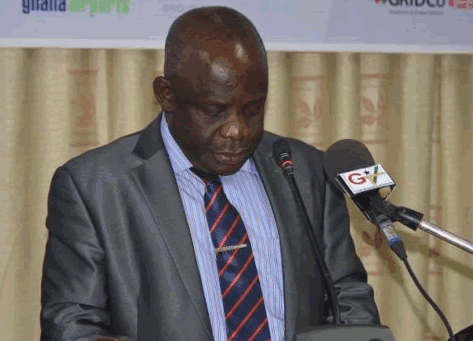Ghana requires long-term energy plan – Prof Nyarko

Professor Benjamin J. B. Nyarko, Director General of Ghana Atomic Energy Commission, has said the country requires a long-term energy plan to become energy sufficient and meet future demands.
He said the country’s forty year long term development plan called for growth in energy development especially electricity, since Ghana had relied on hydro and oil and gas thermal power plants for electricity.
Prof Nyarko said this in Accra at an inaugural lecture on the topic “Access to Sustainable and Affordable Energy for All: The Role of Nuclear Energy”, organised by the Ghana Academy of Arts and Sciences.
He noted that the country’s renewable energy, mainly in the form of solar energy, had been added to the energy mix, saying renewable energy did not provide the needed base load energy option because it is challenged with intermittencies.
He said nuclear energy had been identified as an alternative energy source that could generate high capacity baseload electricity at affordable price to enhance energy security and sustainability.
He said the Ghana Industrial Development Initiative Project which sought to develop a full-cycle alumina project in the country, required huge amount of electricity.
The Professor called for the need to examine other base load energy options such as nuclear based on backdrop of limited available hydro power, which is about 840 MegaWatts from over 20 sites.
He called for a strong political will and awareness about the challenges posed by nuclear power infrastructure planning for effective cooperation on a Regional Nuclear Power Programme in the Sub-Region.
“There was the need for the country to establish a reliable and adequate electric power generation, transmission and distribution system and implement necessary expansion in a timely manner to address access to sustainable energy”, he added.
He said Ghana must learn from other countries and rely on the available local talent pool to use nuclear to transform every facet of the economy through localization policies.
Source: GNA
